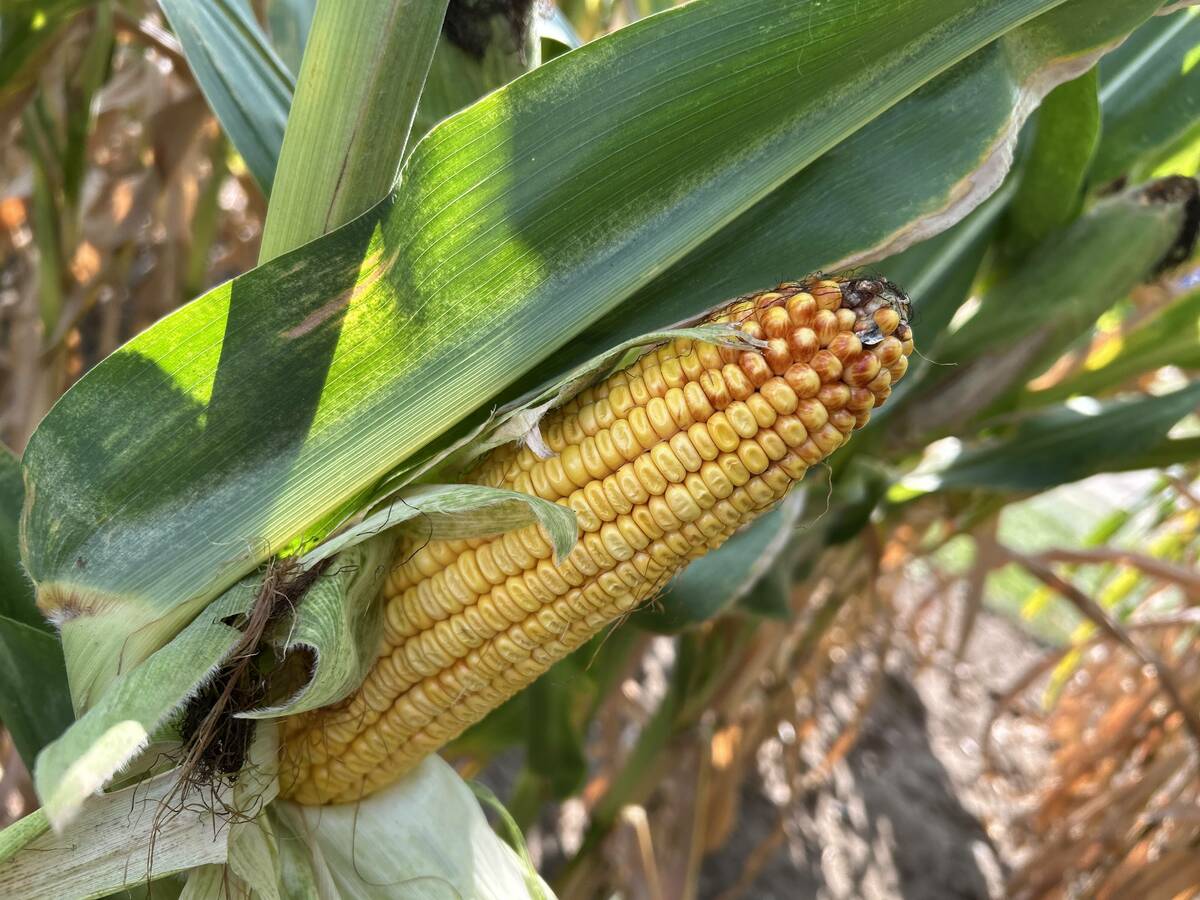The federal government is going to try to build a national securities regulator while leaving three provincial regulators in place.But a representative of a prairie marketplace vital to farmers doesn’t think it will be compromised by this typically Canadian compromise.“We have no preference,” said ICE Futures Canada president Brad Vannan. “As long as regulation remains effective and competitive, we’re satisfied.”The ICE in Winnipeg, home of the only North American canola futures and options contracts, is overseen by the Manitoba Securities Commission. The ICE exchange is not actively monitored by the MSC but turns to the MSC when it plans additions or changes.“We run it past the MSC,” said Vannan about rule changes involving the exchange, its clearinghouse and new products it intends to offer.The MSC is asked to provide a “non-disapproval” ruling, which allows the exchange to adopt the change.If the national regulator is created, the ICE exchange would still answer to the MSC as long as Manitoba decides to hang on to it.Most countries with sophisticated financial markets have a single national securities regulator or a number of regulators for different types of securities but on a national level.Canada is unusual in having provincial and territorial governments providing securities commissions to examine securities, which are financial products ranging from mutual funds to private share offerings to publicly offered products like futures contracts.Canada’s federal composition and national unity politics are believed to be the reasons this odd situation exists. The British North America Act of 1867 gave oversight of early financial products to the provinces, but for decades, financial experts have been worried that Canada’s 13 regulators might not be able to handle the increasing demands placed on regulators.However, little progress toward erecting a national regulator has been made because of opposition from Quebec and Alberta, both of which at one time had bustling financial markets and both of which have resisted expansions of federal power.Federal finance minister Jim Flaherty has proposed a compromise, allowing Quebec, Alberta and Manitoba to keep their provincial regulators, while simultaneously building a national regulator to do the work for the other 10 provinces and territories that want a national body.
Read Also

Crop estimates show mixed results
Model-based estimates used by Statistics Canada showed the 2025/26 crop year has seen increases in canola, corn for grain, oats and lentils production while seeing dips in spring wheat, durum wheat, soybeans and barley in comparison to 2024/25.















